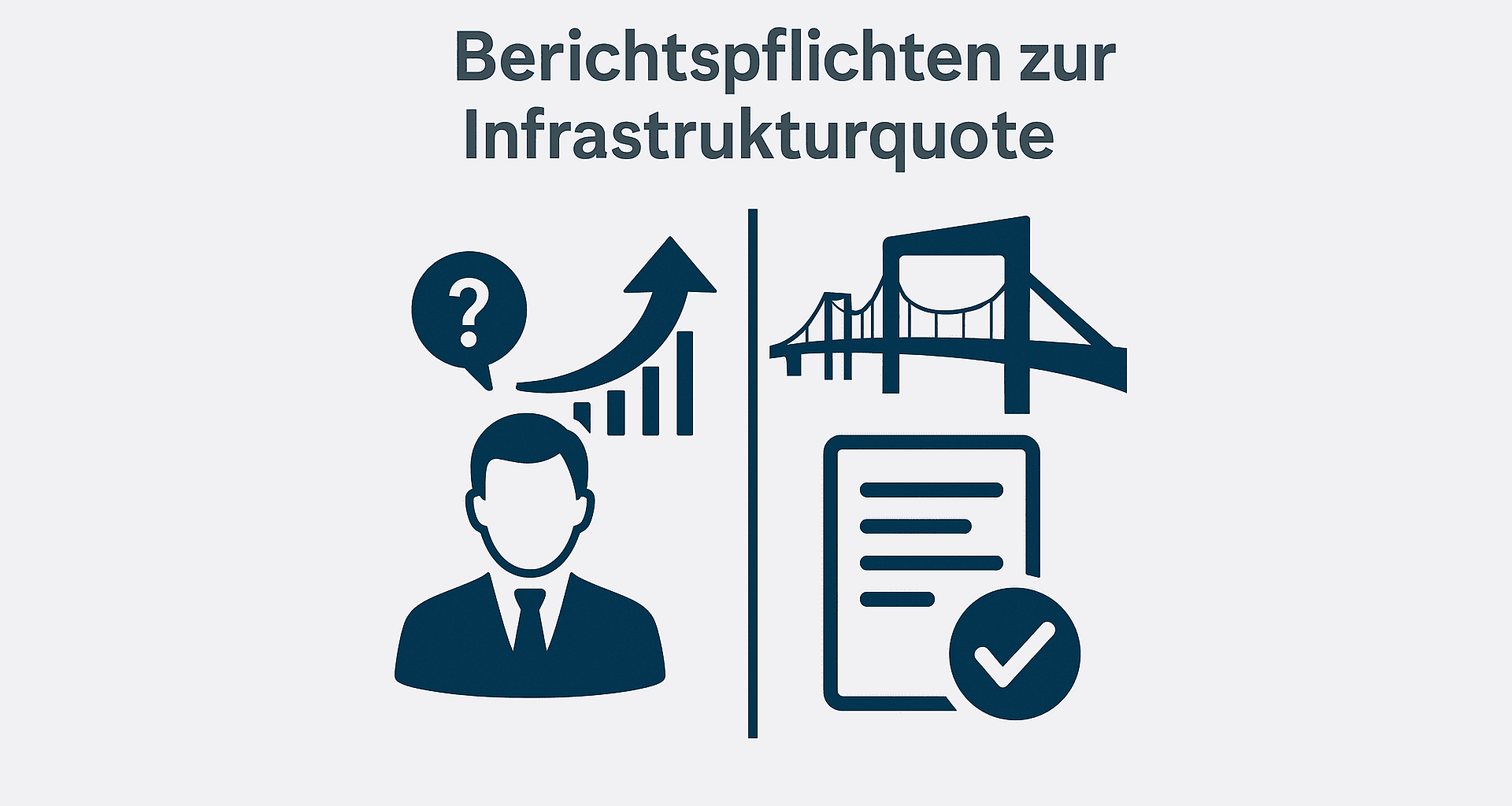Comment on the ZIA press release by Dr. Michael Heigl, Director Sustainability at Wüest Partner
With the implementation of the Corporate Sustainability Reporting Directive (CSRD), the German government has taken an important step towards uniform and comparable sustainability reporting throughout Europe. The fact that the government draft largely adopts the EU requirements directly is very welcome from the point of view of transparency and reliability of data. Uniform standards not only strengthen comparability between companies, but also create the necessary basis for investor decisions and a credible sustainability transformation of the real estate industry.
At the same time, the discussion about the electricity tax reduction highlights the central challenge of reconciling climate protection measures, social justice and economic competitiveness. Selective relief for only certain sectors does not go far enough. Sustainability must be understood holistically – economically, ecologically and socially. Relieving the burden on households in particular is a decisive factor in ensuring acceptance of investments in climate-friendly buildings and energy systems.
From the point of view of the real estate industry, it is important to think about these developments together: The CSRD creates transparency about ecological and social impacts, while fair energy policy framework conditions facilitate and accelerate implementation. The goals of the EU Building Directive and the German Building Energy Act can only be effectively achieved if politics and business work together to ensure consistency.




